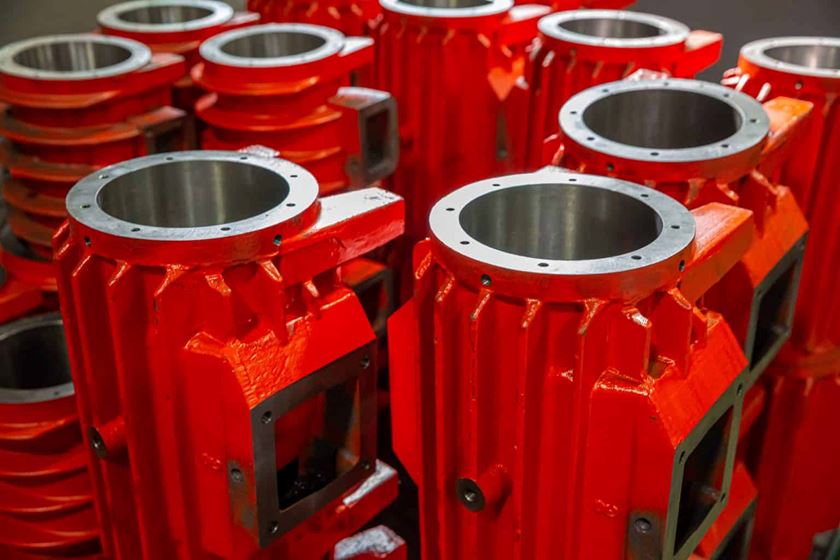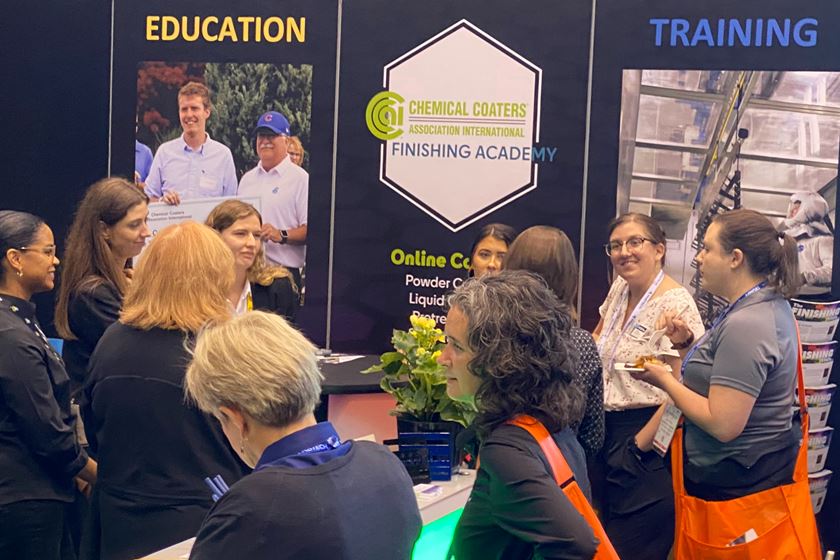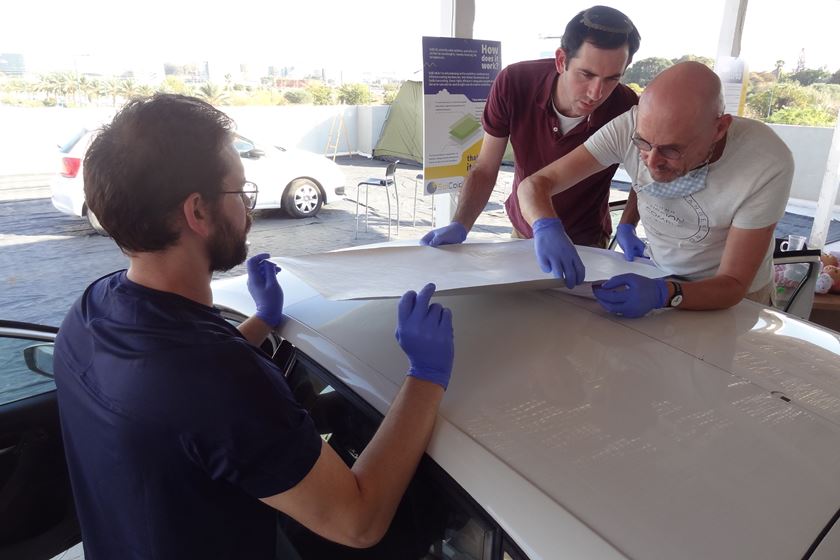Brushing Up on Industry 4.0 Vocabulary
In this month’s Never Finished column, Matthew Kirchner discusses Industry 4.0 technology commonalities across industries and what they mean for finishers.
#Industry40
This column is going to be info-heavy: today I’m talking about the commonalities of Industry 4.0 technology across industry sectors, how audio recognition technology is amazing and the importance of knowing Industry 4.0 vocabulary. Prepare to learn a ton.
At the request of a Midwestern community college, I recently participated in a virtual roundtable with experts in cutting-edge technology from across multiple economic sectors. Key among them were representatives from retail, insurance, distribution, manufacturing, hospitality, medical devices, heavy equipment and agriculture, but there were representatives from other sectors as well.
Featured Content
A discussion around technology education ensued, the premise being that as Internet of Things (IoT) and Industry 4.0 technology advances there will continue to be an acute shortage of skilled technicians trained on the implementation and maintenance of smart technology. We live in a world of smart sensors and smart devices that can communicate with each other and make their own decisions gathering hoards of data in real-time, sending pertinent information to control systems and computer networks and then to the cloud where highly advanced data analytics algorithms and machine learning software make sense of the data and send it back to us in a form we can use to drive continuous improvement. If this sounds confusing, you have some catching up to do. This is today’s reality of advanced finishing technology.
The first conclusion of the group was that there is a high degree of similarity in how smart technology is disrupting their individual businesses. They all see the effects of smart sensors and smart devices, utilize some form of a control system (programmable logic controllers, or PLC’s, in finishing), use computers and networks, utilize some form of a customer relationship management software (CRM), use lean and continuous improvement practices (such as Kaizen), have an employee safety program, have a standardized quality system (ISO for finishing), have an integrated management system (what we call ERP or MRP), use some form of data analytics for reliability (in finishing we call it predictive analytics) and so on. Based on the high correlation of technologies and systems, the group concluded that an employee with a base understanding of smart technology could efficiently transfer from sector to sector by learning how smart technology and systems manifest themselves in the individual sector’s base systems. As an example, if a technician understands how smart sensors, programmable controllers, computer networks, data collectors and data analytics function in finishing, by learning a bit about medical monitoring equipment that same person could transfer to a career in healthcare. Fascinating!
But for me, it got even more fascinating from there. With the permission of the attendees, the host college recorded the entire discussion. Following the meeting, one of the college’s team members utilized Microsoft Azure Software to analyze the meeting. He was literally able to ask the software what Industry 4.0 terms the attendees mentioned most often. The software utilized audio analytics technology and produced the desired data, resulting in a glossary of the terms with which manufacturers and finishers should be familiar as they plan for the future of their operations. It’s a priceless list that I’m glad to share with our readers this month.
Data analytics and related terms ruled the day. It’s time to get familiar with databases, SQL, process analysis, artificial intelligence and machine learning if you’re not already.
Connectivity and networking expressions were mentioned second-most, with cybersecurity, network security, internet protocols, the fog and the cloud all high on the list.
Control systems and process control remain key facets of Industry 4.0. These expressions, along with programming, coding, access control, SCADA, proportional integral control, access control, temperature and flow control, motor control and process monitoring all received frequent mention.
I was heartened to see that base industrial success skills like troubleshooting, blueprint reading, standardized quality, continuous improvement, safety, measurement, ISO and QS are still key skills and competencies for those working across many economic sectors.
Finally, and not surprising, attendees often mentioned Industry 4.0 technology. Smart sensors, smart devices, telematics, robotics, automation and automated guided vehicles are key technologies that the group saw as integral to the future of their businesses.
So, three takeaways from this month’s edition of Never Finished:
First, as Industry 4.0 technology advances, be open to porting talent from other sectors (such as retail, hospitality and healthcare) into the world of finishing. The technologies in other sectors have more in common with ours than one might think.
Second, audio recognition technology is really slick. I didn’t even know it existed in this form until the host of this meeting demonstrated it to me.
Finally, if you’re not familiar with the Industry 4.0 terms noted above, get going. This technology is already revolutionizing the finishing sector.
RELATED CONTENT
-
Trends in Industrial Coatings
The benefits of new technologies in the industrial coatings market.
-
Robotic Process Development for Finishers
Norton | Saint-Gobain’s new Abrasive Process Solutions (APS) lab offers path to automation for mechanical finishing processes.
-
Top 5 Areas to Consider Automation of Plating Operations
Automation for finishing operations can lead to improvements in process time, repeatability and consistency of quality. Yet, processes that make sense to explore for these operational efficiencies may not always be readily apparent.



















